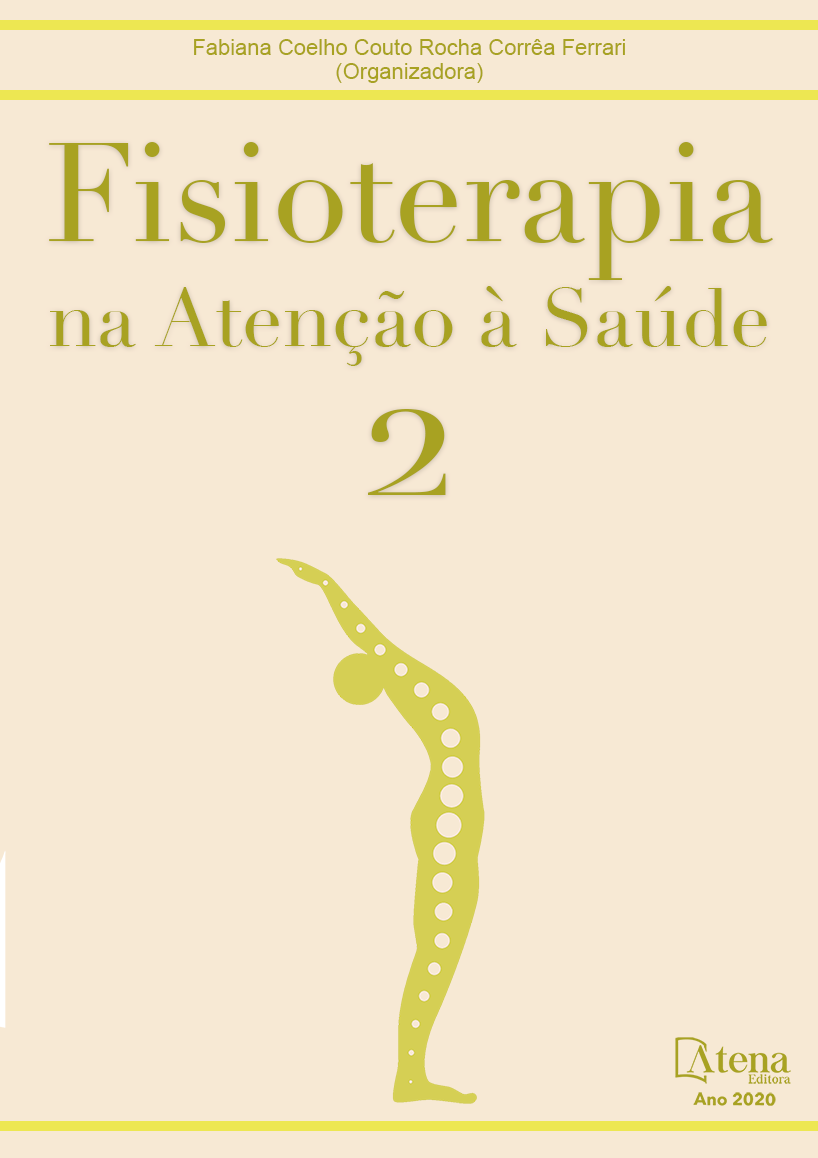
A IMPORTÂNCIA DA APLICAÇÃO DE ESCALAS FUNCIONAIS NA AVALIAÇÃO OBJETIVA DE INDIVÍDUOS COM DOR LOMBAR
A persistência das restrições das atividades no indivíduo com dor lombar pode resultar em comprometimento funcional. Por isso, a avaliação funcional desses indivíduos se faz necessária. O objetivo do estudo é expor a aplicabilidade de escalas funcionais na avaliação objetiva de indivíduos com dor lombar. Trata-se de um ensaio clínico randomizado aleatorizado e cegado, com amostra de 33 participantes, porém 8 indivíduos deixaram a pesquisa, totalizando 25 participantes submetidos a tratamento passivo (n=9), ativo (n=8) e passivo e ativo (n=8). Foi feita entrevista para coleta de dados pessoais e a funcionalidade foi avaliada pelo Questionário de Oswestry e Rolland Morris. Para análise estatística foi usado o SPSS Statistics Base. E utilizado o teste T. O estudo foi aprovado pelo Comitê de Ética da Plataforma Brasil (nº Parecer: 2.427.983). Todos os participantes assinaram um termo de consentimento livre e esclarecido. Em relação à funcionalidade, os valores médios iniciais de Roland-Morris foram 5,36 (2,64), reduzindo após a intervenção para uma média de 3,16 (2,30). E Oswestry inicial de 20,32 (9,35) para 12,96 (8,72). Quando aplicado o teste T houve diferença significativa na melhora funcional de ambas as escalas (p<0,001). A utilização de escalas funcionais permite uma avaliação funcional quantitativa, garantindo objetividade nos parâmetros de avaliação e acompanhamento da evolução de indivíduos com dor lombar. Além disso, o estudo permite inferir que não houve diferença significativa entre a aplicação da escala de Oswestry e Rolland Morris, ambas são eficazes para a avaliação da funcionalidade na dor lombar.
A IMPORTÂNCIA DA APLICAÇÃO DE ESCALAS FUNCIONAIS NA AVALIAÇÃO OBJETIVA DE INDIVÍDUOS COM DOR LOMBAR
-
DOI: 10.22533/at.ed.2792018083
-
Palavras-chave: Dor lombar. Avaliação. Funcionalidade.
-
Keywords: Low back pain. Evaluation. Functionality.
-
Abstract:
Persistent activity restrictions in individuals with low back pain can result in functional impairment. Therefore, the functional evaluation of these individuals is necessary. The aim of the study is to expose the applicability of functional scales in the objective assessment of individuals with low back pain. It is a randomized, blinded, randomized clinical trial, with a sample of 33 participants, but 8 individuals left the research, totaling 25 participants undergoing passive (n = 9), active (n = 8) and passive and active (n = 8). An interview was conducted to collect personal data and the functionality was assessed using the Oswestry and Rolland Morris Questionnaire. For statistical analysis, the SPSS Statistics Base was used. The T test was used. The study was approved by the Ethics Committee of Plataforma Brasil (Opinion number: 2,427,983). All participants signed an informed consent form. Regarding functionality, the initial average Roland-Morris values were 5.36 (2.64), reducing after the intervention to an average of 3.16 (2.30). And Oswestry starting from 20.32 (9.35) to 12.96 (8.72). When the T test was applied, there was a significant difference in the functional improvement of both scales (p <0.001). The use of functional scales allows a quantitative functional assessment, ensuring objectivity in the parameters of assessment and monitoring the evolution of individuals with low back pain. In addition, the study allows us to infer that there was no significant difference between the application of the Oswestry and Rolland Morris scale, both of which are effective for assessing functionality in low back pain.
-
Número de páginas: 11
- Ana Paula Almeida Ladeia
- Karla Katarine Rodrigues Teixeira Bastos
- Keyla Iane Donato Brito Costa
- Ricardo Ribeiro Badaró


